"A child who thinks he can't do anything on his own eventually can't," wrote Lenore Skenazy in a polarizing 2008 New York Sun column. In the column, she wrote about letting her 9-year-old ride the subway alone in New York City.
Responses to Skenazy's parenting ranged from dubbing her "America's worst mom" to praise for allowing her child this experience. The controversy prompted Skenazy, a journalist, to write a book called Free Range Kids, sparking a new movement encouraging independence in childhood.
Free Range Parenting: A Reaction to the Rise of Overprotective Parenting
Talk to anyone who grew up before the 2000s about their childhood, and they'll tell you, "I didn't come home until the street lights came on." Yet, today, parents may be reported to CPS or the police for allowing their children to play outside alone.
Research shows that children today have fewer opportunities for risky play, such as playing alone outdoors, than in the past. Specifically, about 49% of children walked to or from school in 1969 compared to only 13% in 2009. Parents recognize this, with 45% admitting they tend to be overprotective.
Helicopter Parenting
This trend in parenting led researchers to create a new category. In Trends in Psychology, Urone et al. wrote that helicopter parenting is "a term used as a metaphor for parents who 'hover' over their children like a helicopter, constantly overseeing their activities and intervening at the slightest sign of trouble, thereby not giving their children enough space to develop independence."
Unfortunately, this style of child rearing results in many negative consequences. Researchers say that overprotective parenting can lead to low resilience and anxiety in children. Plus, experts say that children of overprotective parents may also be more likely to lie to avoid getting in trouble.
Examples of young adults who grew up this way also abound. Recent news stories uncovered that one in four Gen Zers has brought a parent to a job interview. A similar number have had a parent submit a job interview on their behalf. Young adults relying on this kind of support proves that parents haven't allowed appropriate independence in their younger years.
Society and Parenting Styles
Many parents and society in general believe that protective parenting is necessary. However, statistics show that crime is lower today than in the 1970s, 80s, and 90s.
Despite this, some states require strict parent supervision. For example, leaving a child under the age of 13 without supervision in Maryland may be considered child neglect by Child Protective Services.
Fortunately, a change of tide may be on the horizon. Other states are passing independence laws that offer exceptions to child neglect laws.
What Is Free Range Parenting?
Free Range Parenting is a movement ignited by Lenore Skenazy. She coined the term in her 2009 book. The idea is that children should enjoy age-appropriate independence and risk-taking. From cooking a meal to walking to school alone or climbing a tree, kids should get the chance to try doing things "all by myself."
As Skenazy put it, "I also believe our kids do not need a security detail every time they leave the house. Our kids are safer than we think, and more competent, too."
Today, Skenazy continues working to raise awareness on these issues through her nonprofit, Let Grow. The organization has three other co-founders: New York University Prof. Jonathan Haidt, Daniel Shuchman, a New York businessman, and Boston College Prof. Peter Gray. Let Grow advocates for schools, parents, and society itself to make it "easy, normal, and legal to give kids the independence they need to grow into capable, confident, and happy adults."
Why Free Range Kids Matter: The Benefits of Independence
As parents, it can be hard to keep your eyes on the end goal. Children seem so precious and vulnerable, making it understandable that parents want to protect their children from any potential harm.
Yet, children grow into adults. To be capable adults, they need a lot of skills related to independence. We gain even simple skills like knowing how to boil pasta or how to ask for directions, through practice.
"If I don't train my child how to take risks, I'm crippling this child, I'm creating a child that won't be able to deal with the world," Professor Haidt said on The Armchair Expert with Dax Shepherd. In other words, children need the opportunity to practice independence in small, age-appropriate amounts.
The idea of free-range kids aligns with other methodologies that have existed for decades. Montessori parenting and education, for example, also encourage independence in children. In Montessori classrooms, you might see a three-year-old preparing a snack or a four-year-old sweeping up a mess. In later years, Montessori elementary students plan their own field trips (with adult supervision).
What are the outcomes?
Better Mental Health
Research shows that giving kids more independence results in better mental health. This may be in part because children absorb our fear. When parents say, "It's too dangerous to go by yourself," children notice that. Soon, children believe they are either incompetent or the world is too dangerous to live in.
Today, children and young people are experiencing skyrocketing levels of anxiety. The rates are so alarming that Dr. Haidt wrote a book called The Anxious Generation. Dr. Haidt believes that one of the solutions to anxiety is offering children more freedom and the opportunity for real-world friendships. Initial research shows that treating anxious kids with independence is more effective than medications or traditional therapy.
Independence helps build self-confidence and a sense of agency. As Let Grow says, "Treating kids as fragile is making them so."

Problem-Solving Skills
The best way to teach children the skills they need to solve problems is by actually solving problems. When children are independent, parents aren't there to intervene. So, children practice and build their skills.
Social Skills
Independence means children need to interact with friends and adults on their own. Buying something at a corner store may result in a short conversation with the cashier.
More Exercise
Free range parenting means your child may walk more, visit parks, and wander around the neighborhood. This can create more opportunities for exercise.
Ultimately, providing your child with age-appropriate opportunities for independence can bring many benefits. You can start with giving your child chores or letting them take the dog for a walk around the block.
Will You Try Free Range Parenting?
Free range parenting doesn't mean you should kick your 5-year-old out of the house and tell them not to come home until supper. Instead, it's an intentional parenting approach to teach skills that slowly lead to more independence. Will you give it a try? Let us know what you think and whether you think it's the right parenting approach for your family.
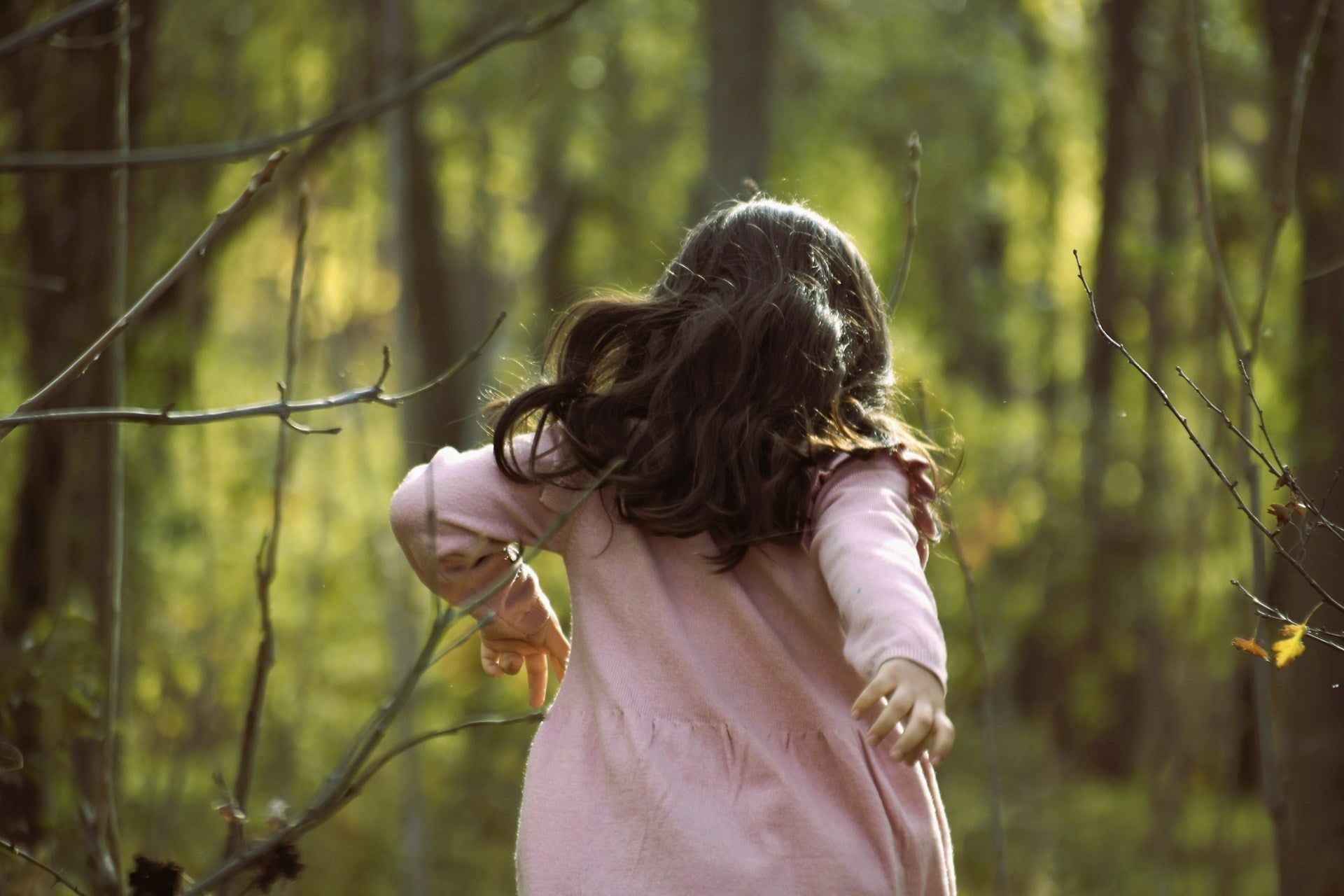


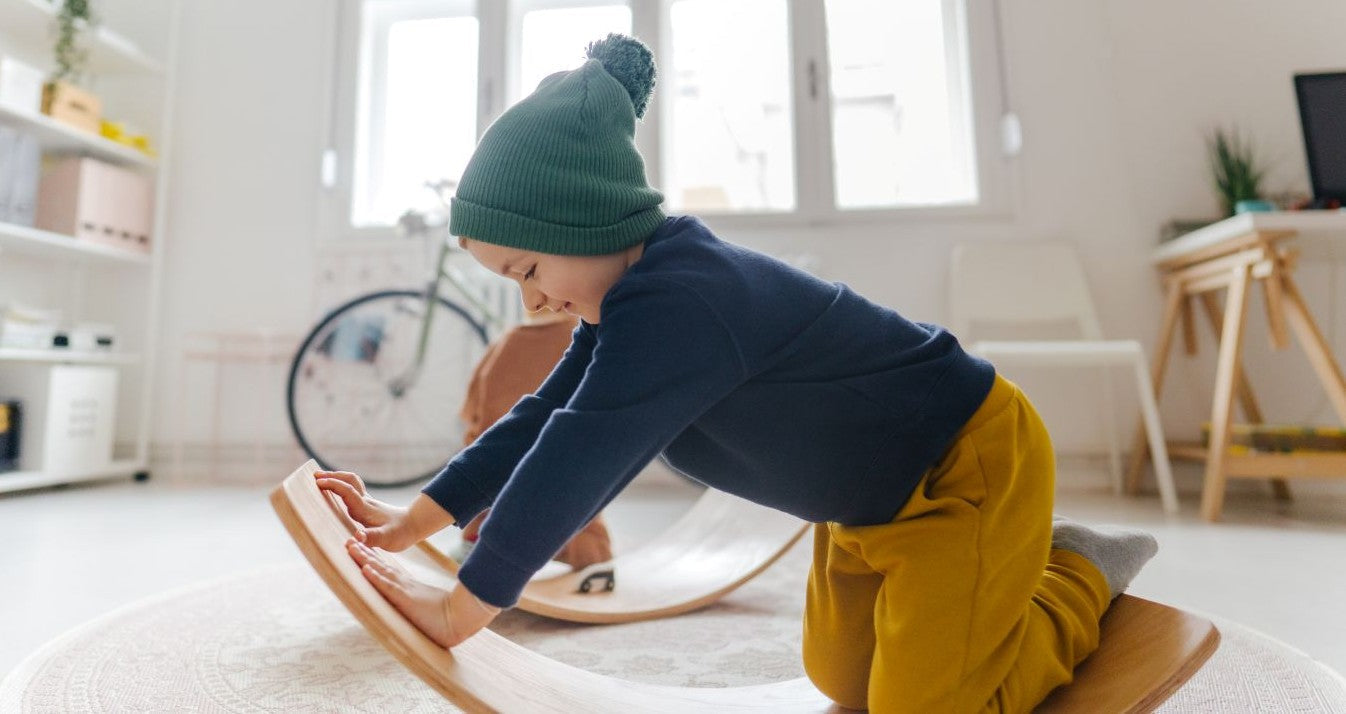
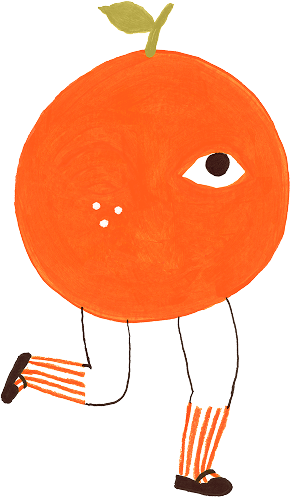
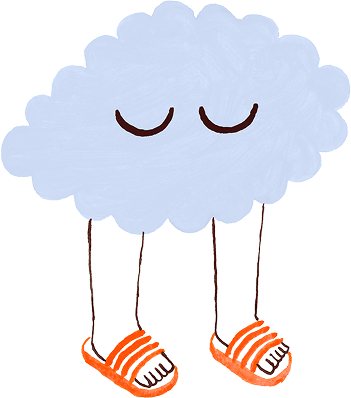
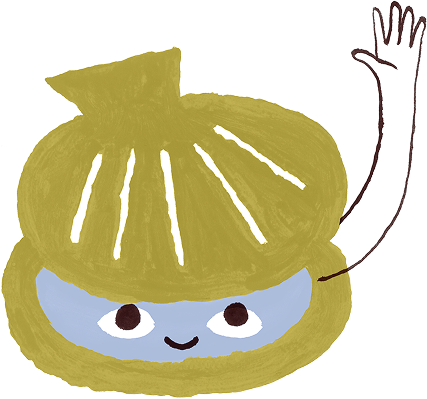
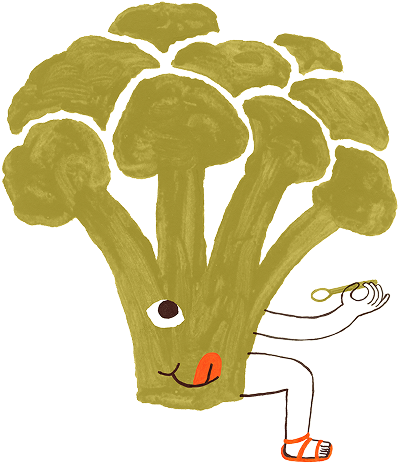
Leave a comment
This site is protected by hCaptcha and the hCaptcha Privacy Policy and Terms of Service apply.